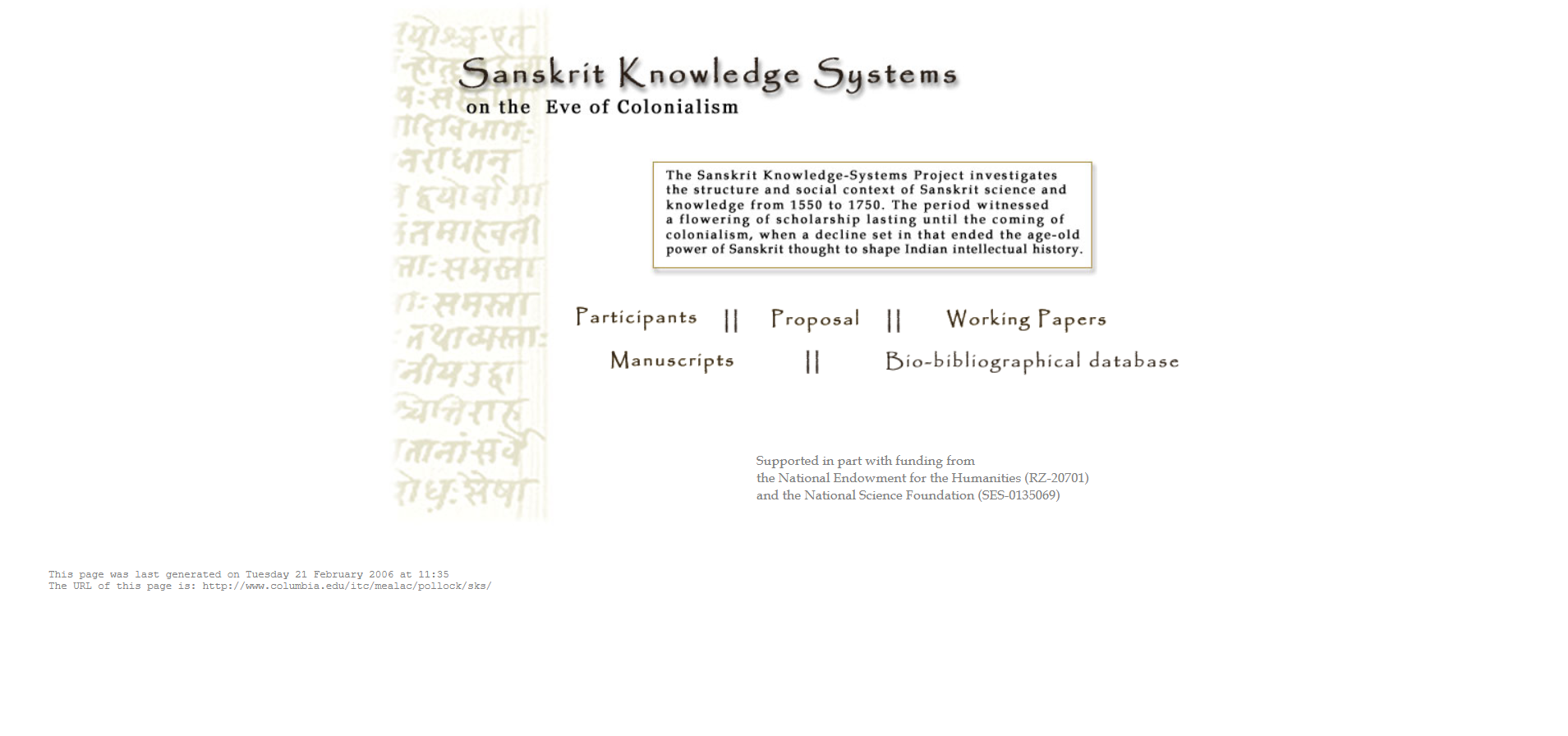This site has been archived as part of King's Digital Lab (KDL) archiving and sustainability process, following background analysis and consultation with research leads wherever possible.
Project content and data has been stored as a fully backed-up Virtual Machine and can be made available on request (depending on access controls agreed with the Principal Investigator) for a period of at least 2 years from the decommissioning date indicated below.
If you have an interest in this project and would like to support a future phase please contact us by filling in this form.
At its inception, KDL inherited just under 100 digital research projects and websites. Aware of the intellectual and cultural value of many of these projects, with the support of the Faculty of Arts and Humanities at King’s College London, KDL took on its responsibility to the community to steward them in a responsible manner. When the options of setting up a Service Level Agreement for further hosting and maintenance with KDL and/or undertaking migration to IT Services at King’s or other institutions were deemed infeasible or inappropriate, the archiving process was initiated.
We would like to thank research leads, the Faculty of Arts and Humanities at King’s College London, and partner institutions, for their support in this process.
For further information on KDL archiving and sustainability process see:
Sheldon Pollock
August 2017
http://sksec.cch.kcl.ac.uk/utf/sks/
Internet Archive
The Sanskrit Knowledge-Systems Project is now hosted by the University of Columbia.
The Sanskrit Knowledge Systems Project investigates the structure and social context of Sanskrit science and knowledge from 1550 to 1750. The period witnessed a flowering for scholarship lasting until the coming of colonialism, when a decline set in that ended the age-old power of Sanskrit thought to shape Indian intellectual history.
